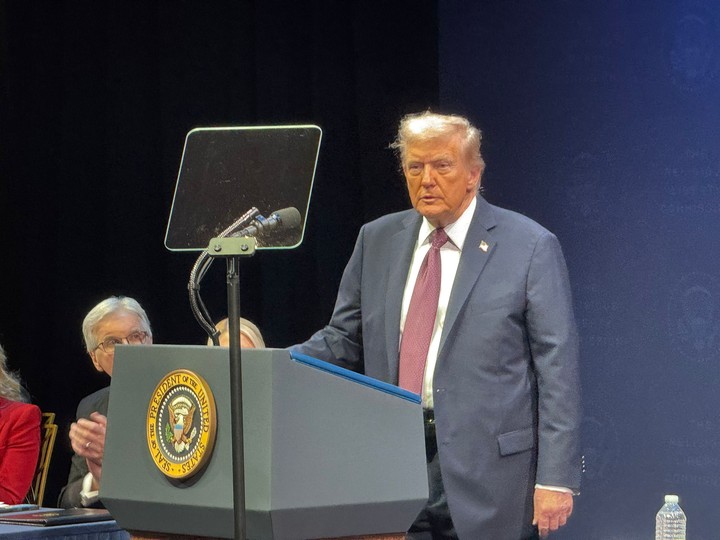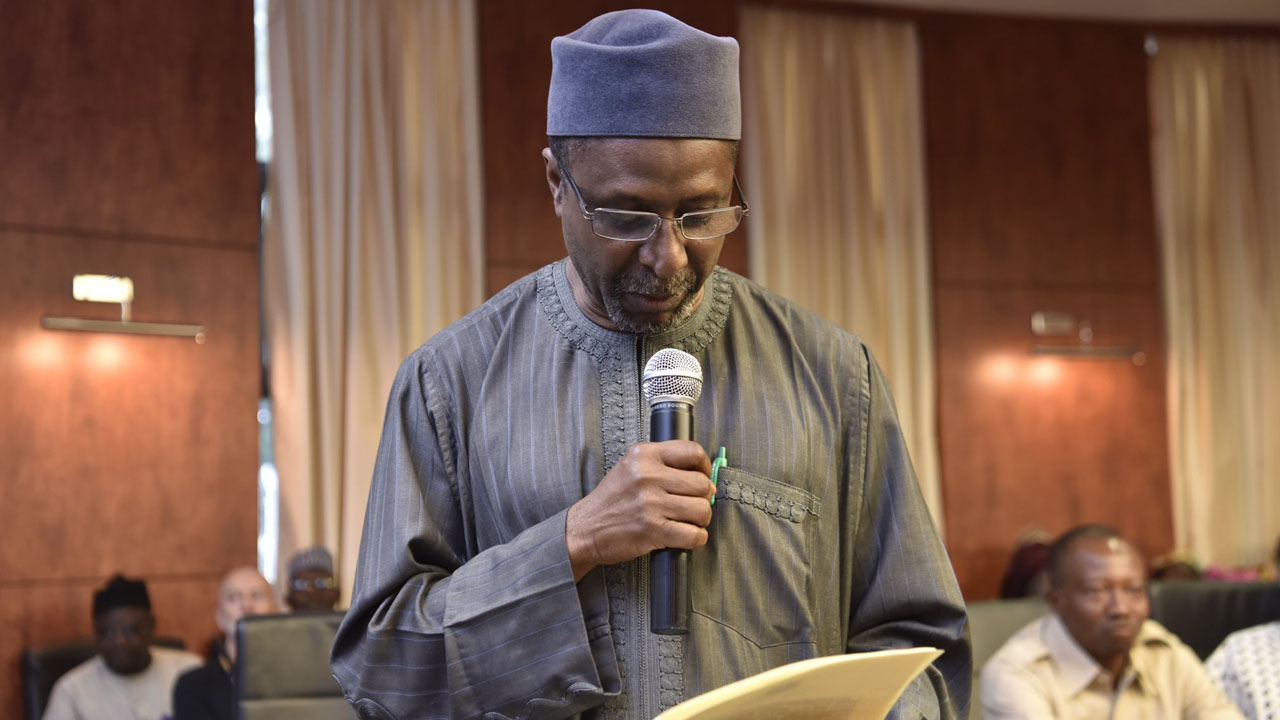
Minister of Information and National Orientation, Mohammed Idris, has disclosed that 422 out of Nigeria’s 1,411 delegation to ongoing COP28, holding in Dubai, were funded by the Federal Government.
The minister disclosed this as outrage has continued to trail the large number of delegates attending the conference from Nigeria.
He said his clarification was hinged on the need to provide clarity in line with a standing pledge by the government to conduct itself with transparency and accessibility regarding public information.
The 2023 United Nations Climate Change Conference or Conference of the Parties of the UNFCCC, more commonly referred to as COP28, is the 28th United Nations Climate Change Conference, being held from November 30 to December 12, 2023 at Expo City, Dubai.
The minister said Nigeria’s representation at the conference was in line with the nation’s status as Africa’s leading sovereign voice and player in climate action.
Contingents at the conference comprised private sector players, such as businesspeople, civil society organisations and delegates from Nigeria’s oil-producing Niger Delta region.
The social media space had witnessed uproar over the significant presence of Nigerian delegates at the ongoing United Nations Climate Conference in Dubai.
But Idris stated: “The Federal Government-funded delegation is made up of a total of 422 persons.”
The delegation funded by the Federal Government, according to the minister, are National Council on Climate Change, 32 delegates; Federal Ministry of Environment, 34; all ministries, 167; Presidency, 67; Office of the Vice President, 9; National Assembly, 40; and federal parastatals/agencies, 73.
MEANWHILE, Connected Advocacy for Empowerment and Youth Development, a Nigeria-based NGO, has called for the involvement of local communities in decision-making on climate solutions in order to build a sense of responsibility and unity.
Executive Director of the NGO, Mr Israel Orekha, made the call on Monday in his address at a side event organised at the ongoing COP28 in Dubai.
Orekha advocated policy changes that incentivised and prioritised sustainable practices at the local and national levels.
According to him, empowering communities through participation will ensure that solutions align with local needs.
He also called for inclusive policies that addressed both environmental and social aspects of clean energy transitions.
The executive director particularly canvassed for the consideration of local community in the clean energy transition plan.
The local community, he said, needed clean energy transition parks and not false solutions.
“Clean energy transition parks not only combat climate change but also strengthen community resilience. Local involvement in these parks is key to addressing pressing environmental challenges.
“Beyond jobs, clean energy engagement enhances community knowledge about sustainable practices.
“Involving communities in clean energy decisions fosters responsibility and unity. Local job opportunities and skill development can result from participation in the renewable energy sector.”
Orekha also underscored the importance of transparency in decision-making processes so as to discern genuine solutions from greenwashing.





